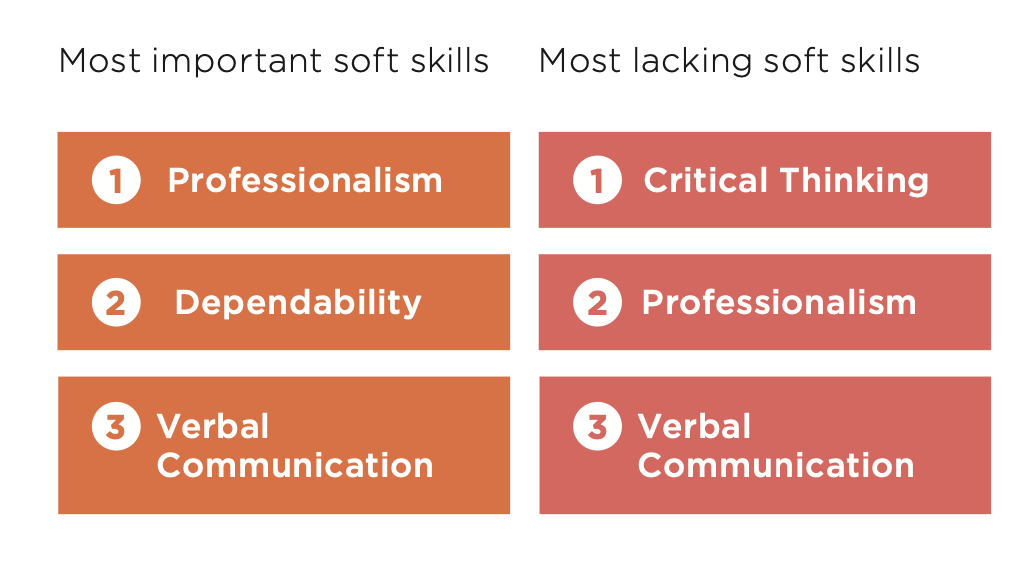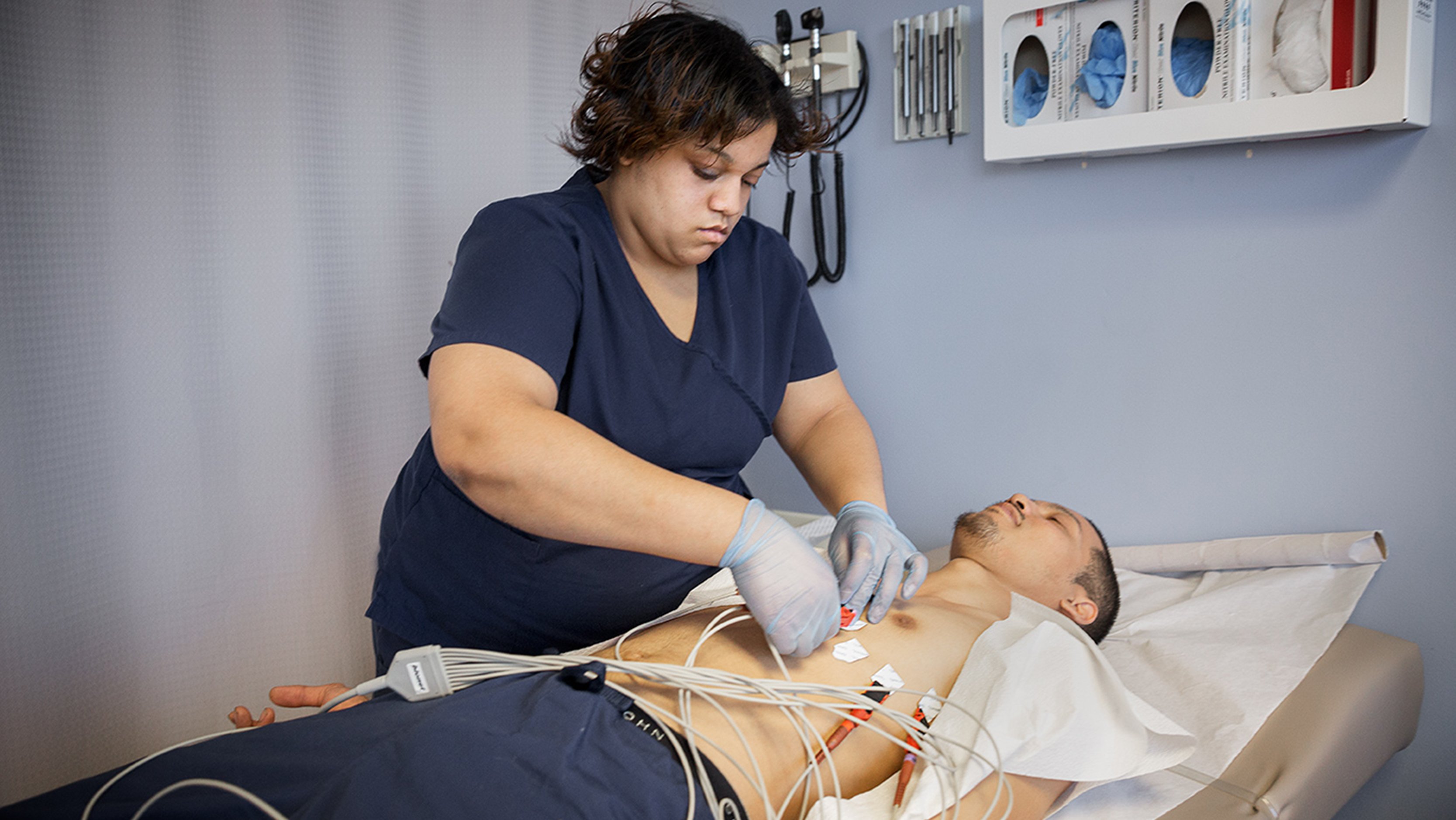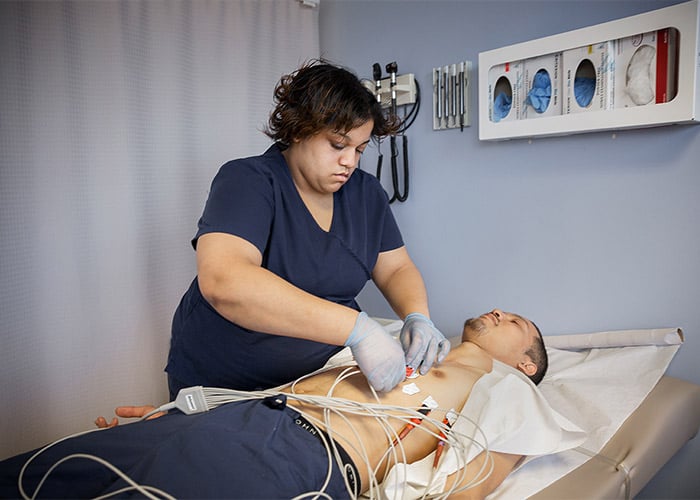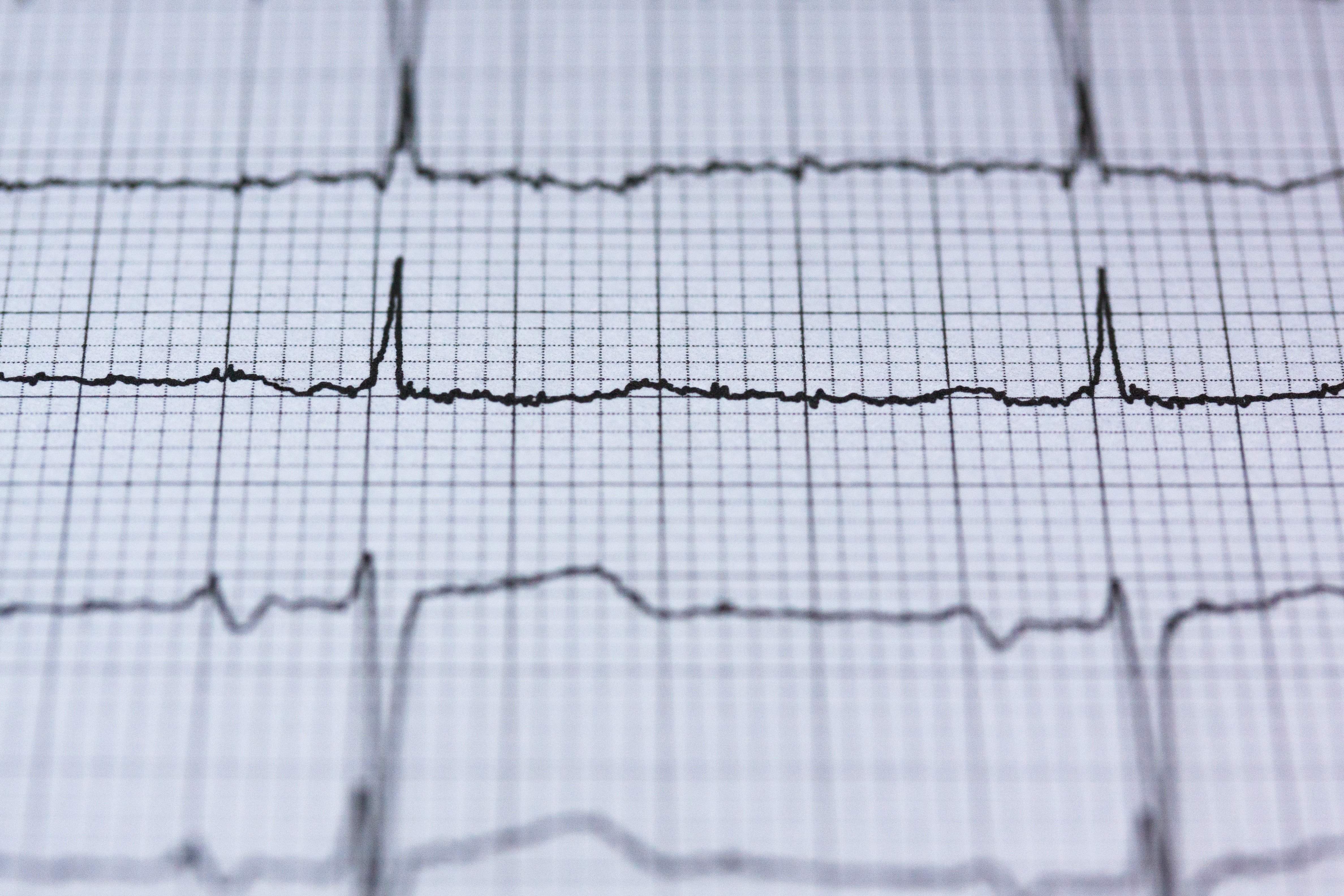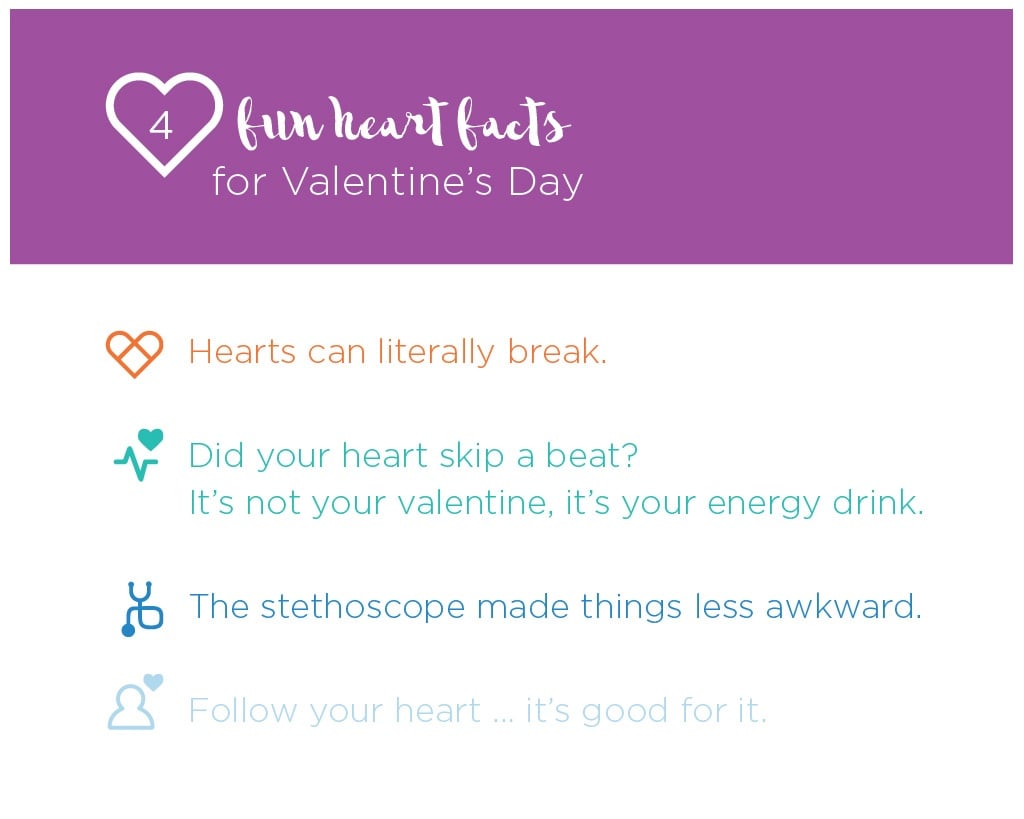We recently surveyed healthcare employers for our 2020 Industry Outlook, and uncovered the three most important soft skills for EKG technicians: Professionalism, dependability, and verbal communication. According to employers, two of these skills are also the most lacking: Professionalism and verbal communication.
As healthcare evolves, we're always working to gain insights to help future and current frontline healthcare workers like EKG technicians access a better future. We recently surveyed hundreds of healthcare employers in search of information to help you on your path to success as an aspiring or current EKG technician. We shared a summary of our findings in the 2020 Industry Outlook, now available for download as a PDF. Download your copy today from this year's edition of accessTM: an allied health industry journal.
EKG rhythms provide important data for the diagnosis of heart conditions.
Certified EKG Technicians (CETs) administer EKGs during physical exams, when cardiovascular problems are suspected, or in preparation for surgery.
The word electrocardiograph is derived from the Greek electro, meaning related to electrical activity; kardia, meaning heart; and graph, meaning "to write".
This technology is used every day, but it took a lot of scientists, inventors, and even frogs to get to where EKGs are today.
From frogs to buckets of salt water, here are a few facts to highlight the weird history of EKGs.
There's a growing demand for frontline healthcare workers. To date, NHA has awarded over 750,000 certifications to allied health professionals. Empowering professionals through the power of certification is at the heart of our mission, and we regularly conduct industry research to ensure the content and exams we provide to current and future certification holders are relevant and keep up with trends.
Recently, we looked at the current state of the EKG technician profession — and what's to come in the future. During this research, we surveyed and interviewed working EKG technicians across the country. Here's a what we learned from them.
It’s the season of love, and millions will celebrate by exchanging heart-shaped valentines, candies and other gifts.
The heart is associated with feelings of love, and although love is not a component of our CET exam, some of these fun facts suggest valid reasons for this connection.
Hearts can literally break.
Heart attacks are more common following the death of a loved one — a risk that appears to decline in time as grief subsides. (Source)


